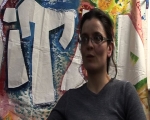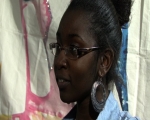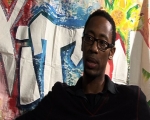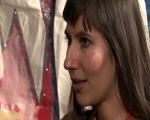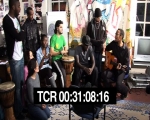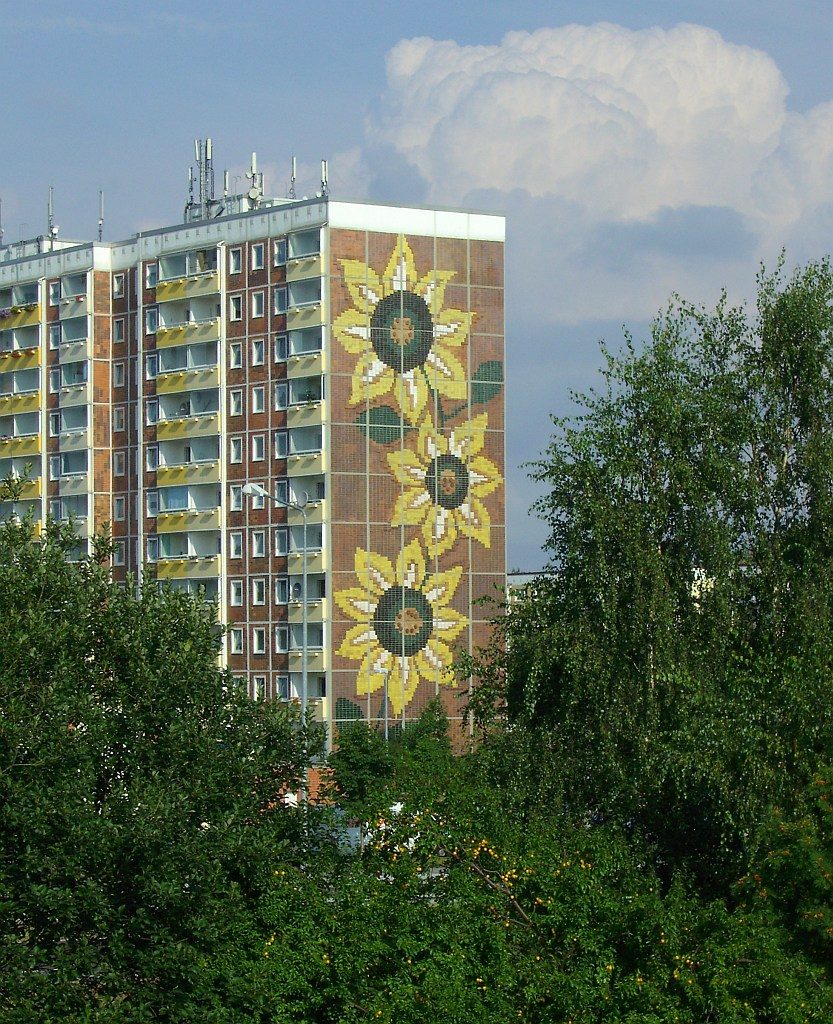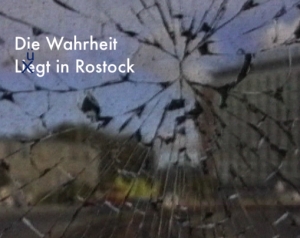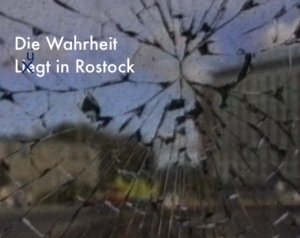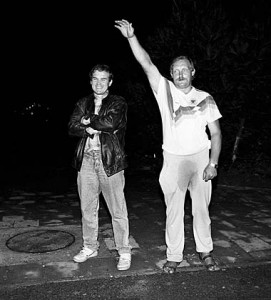Spectacle Archive Project: Youth explore Racism and Courage
In the early 1990s Spectacle’s founder was in East Germany working to document the changing Germany after the Berlin Wall came down and post collapse of the Soviet Union. The purpose of this filming shifted in August 1992 when racially motivated protests and attacks in Rostock-Lichtenhagen became a flashpoint for political action.
During the attack, 100 Vietnamese asylum seekers were left to their own devices in a large housing complex called the Sunflower House. The Neo-Nazi attackers threw stones and Molotov cocktails. They smashed windows and set fire to the house in which the people were locked.
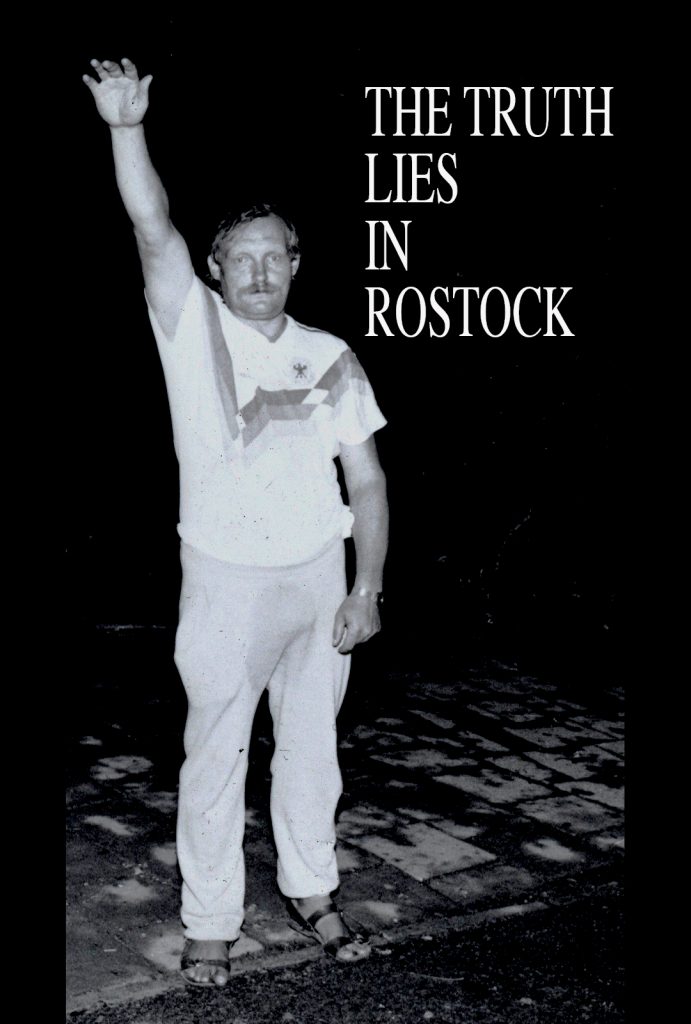
The footage collected about this event became a film called The Truth Lies in Rostock. Read more blogs about the film.
In Germany, every school child learns about the legacy of the Berlin Wall. There is an ongoing effort to keep asking hard questions about what the divisions with German society meant at that time, and what they mean today. One such project is Aus Mut gemacht – 30 Jahre Mauerfall, “Made out of courage – thirty years after the fall of the Berlin wall”, an open call for films made by young people that gave their perspective on this history.
The project asked people to look at the questions: What does courage mean? Are we brave today differently than 30 years ago? Where are the walls still standing today? What courage does it take to brace yourself against walls and change something?
School classes and groups from Berlin dealt with these questions, discussed, researched and expressed their thoughts in short films.
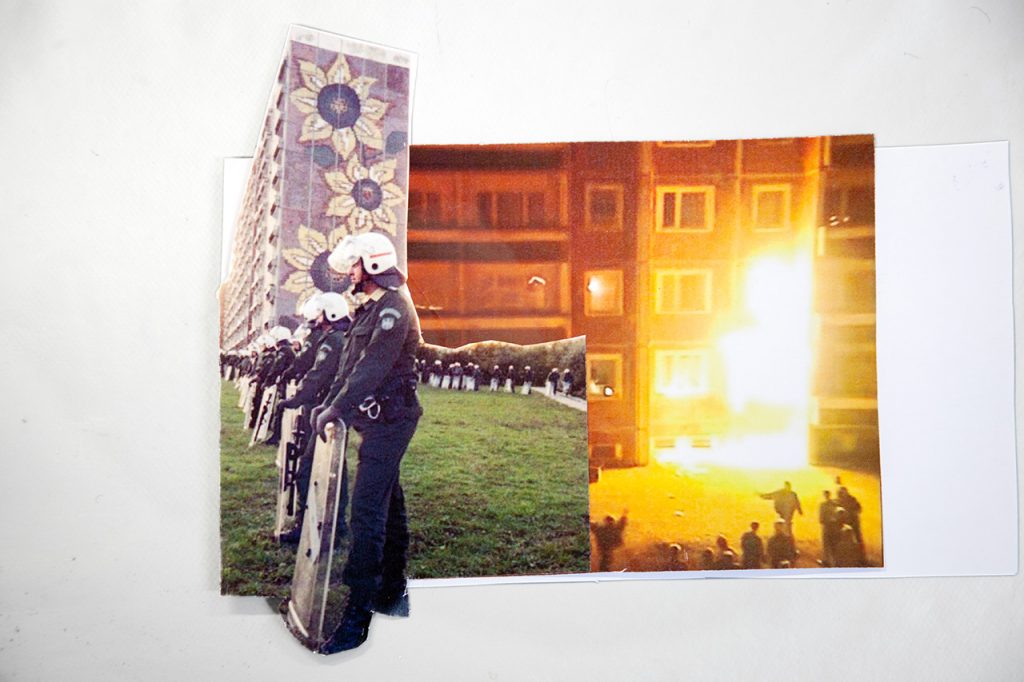
Collage art: WAS GEHT?! Magazin youth media workshops (Berlin)
One of the films was created for this project by WAS GEHT?! Magazine,
a multimedia program for young refugee and immigrant media makers.
Filmmakers Hani Schehel, Noura Ben Belgacem and Hadi Ahmadi chose to
focus on the legacy of the Rostock-Lichtenhagen Pogrom, supported by
workshop facilitators Duc Vu Manh, Ganesha Küppers and Özgür Akgül, as
well as educational team Mohsen Hassani, Katja Heinemann and Jenifa
Simon.
They chose to focus on the legacy of the Rostock-Lichtenhagen Pogrom.
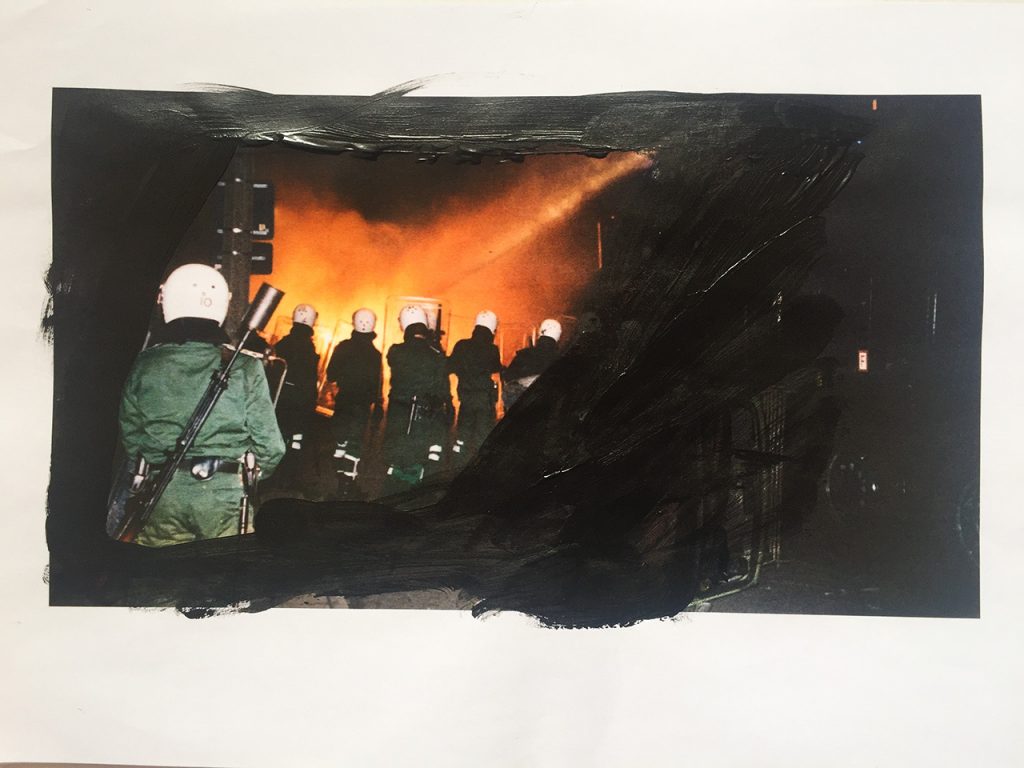
Collage art: WAS GEHT?! Magazin youth media workshops (Berlin)
Their film deals artistically with the events in 1991 and refers to the current situation of refugees who are again exposed to racist attacks in accommodation by using images and voices from The Truth Lies in Rostock. They wondered what happened to the migrants who, like the Germans, experienced the fall of the Wall. In the 80s, thousands of Vietnamese guest workers came to Germany. Instead of just looking for an answer, the young filmmakers dealt artistically with the topic. Their research led them to the attacks carried out on the Vietnamese asylum seekers dormitories in the early 1990s. A dark chapter of the Federal Republic, which has almost been forgotten.
As part of their preparation to delve into this history of violence, the group worked with images from the documentary as part of their film workshops, cutting, pasting and highlighting images they felt were speaking to them.
As they discussed this history, it became clear to them that this chapter has unfortunately not yet come to an end. In recent years there have been more attacks on dormitories of refugees. Their films point to the continuity of violence against immigrants and those seeking protection.
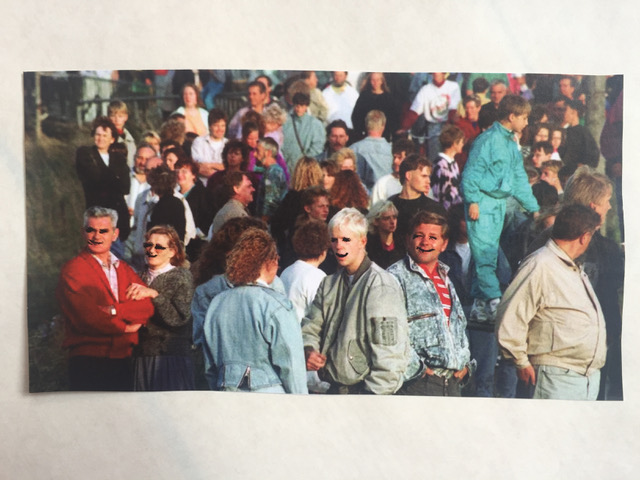
Collage art: WAS GEHT?! Magazin youth media workshops (Berlin)
The films they created as a result of their workshop process were presented during the festival week for the Aus Mut gemacht project at Alexanderplatz. The films can be viewed here, or here with English subtitles. All the films made as part of the Aus Mut gemacht project can be watched here.
The wall is no longer made of stone, but it is in the soul.
–Walid Alastah
The WWII Nazis aren't just gone - racism is passed on from generation
to generation.
–Kinda Muhsen
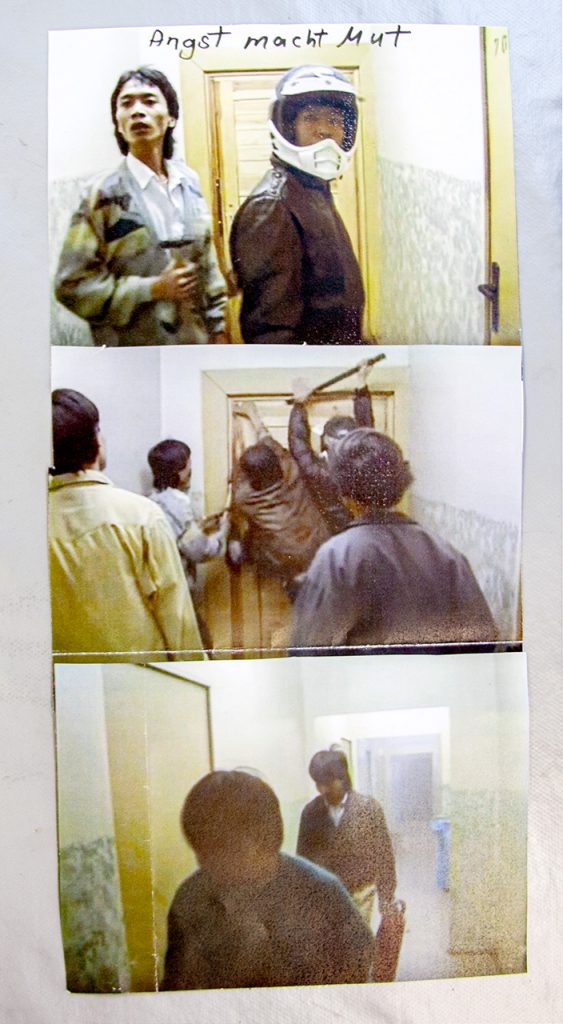
Collage art: WAS GEHT?! Magazin youth media workshops (Berlin)
The Truth Lies in Rostock, and the large archive of footage filmed at the same time has become increasingly important. Ongoing archive based activities are in the works for the 30th anniversary of the Rostock-Lichtenhagen pogrom in August 2021.
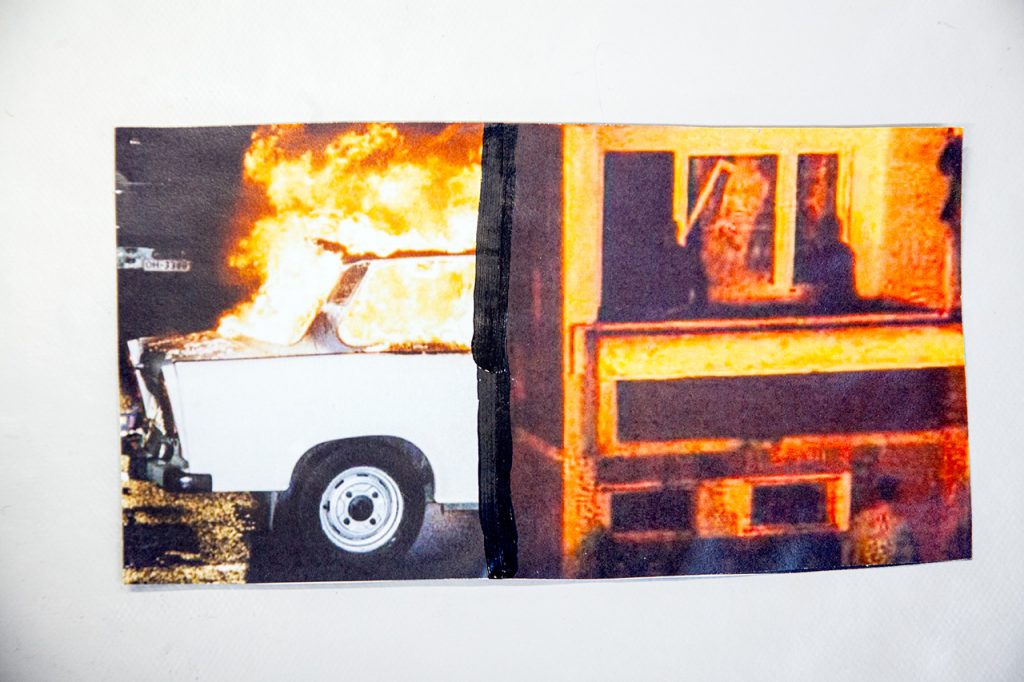
Collage art: WAS GEHT?! Magazin youth media workshops (Berlin)
Collage art by WAS GEHT?! Magazin, using still images from “The Truth lies in Rostock”
Spectacle Homepage
Like Spectacle Documentaries on Facebook
Follow us on Twitter, Instagram, Vimeo, Youtube and Linkedin

